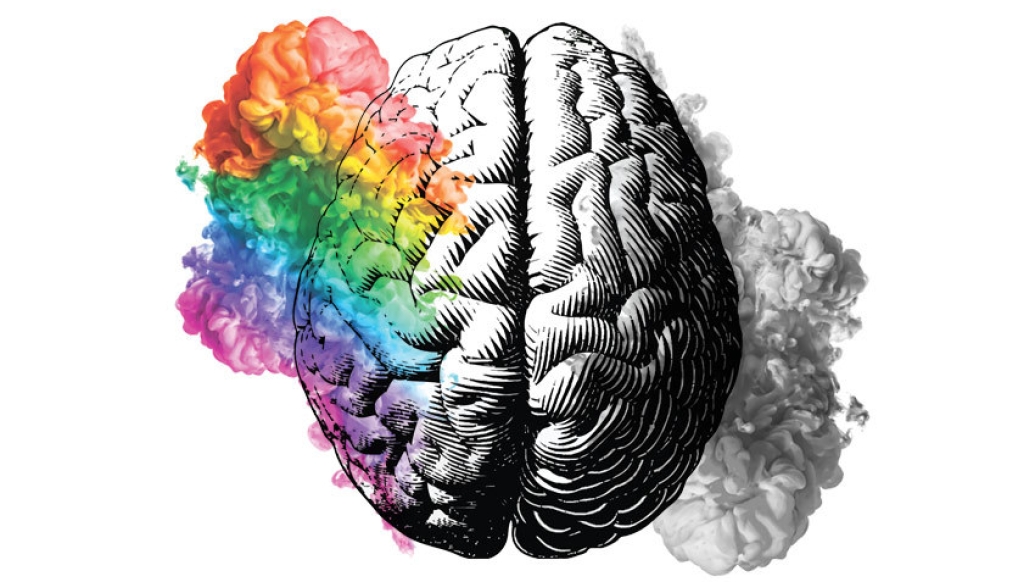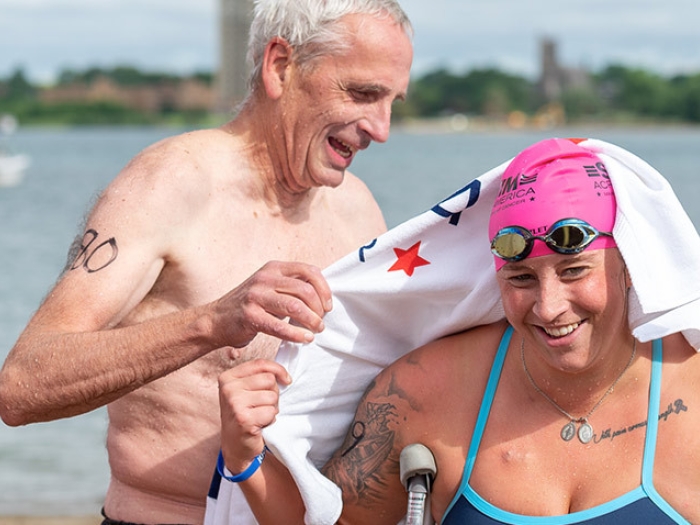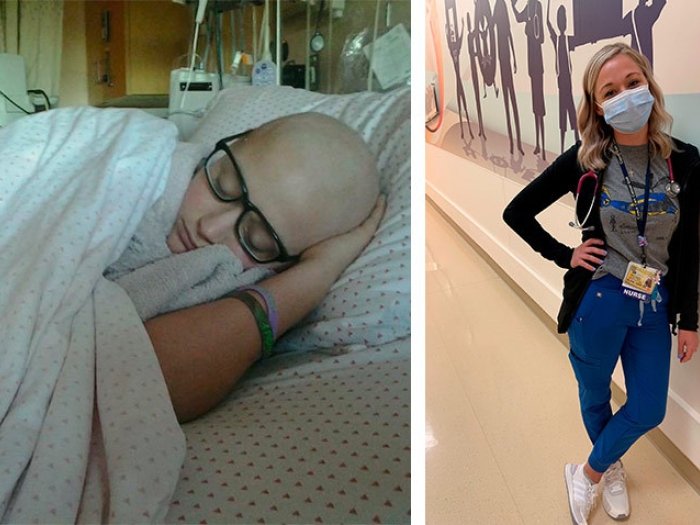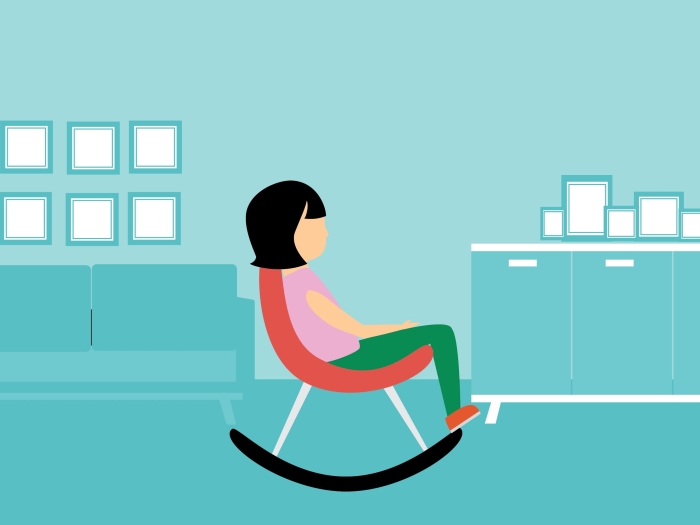Many who have undergone treatment for chemotherapy report they can’t think as clearly as they used to. Experts break down the phenomenon often known as “chemo brain.”
5:00 AM
Author |

Many people who have undergone treatment for cancer, especially chemotherapy, report they just don't seem to be able to think as clearly as they used to.
N. Lynn Henry, M.D., Ph.D., the breast oncology disease lead at the University of Michigan Health Rogel Cancer Center, shares the latest findings on "chemo brain."
1. It's real.
Forgetfulness, trouble concentrating, difficulty multitasking — about 1 in 3 patients experience mental changes such as these following cancer treatment. Researchers have been giving the topic serious study since the mid-1990s.
2. Doctors don't like the term chemo brain.
It sounds pretty scary — and they don't want fear of the mental side effects deterring patients from getting effective treatments for their cancer. Your doctor might use the term "cancer-related cognitive impairment" instead.
3. There can be many factors involved.
It's most commonly associated with chemotherapy, but other types of treatment and medicines can also affect thinking. Older age, pain, depression, trouble sleeping and other health problems can also play a role.
MORE FROM MICHIGAN: Sign up for our weekly newsletter
4. Testing exists — but it's complicated.
Doctors have questionnaires and formal tests to measure mental changes, but the results don't always line up with what patients say they're experiencing. Considerable research is being done to develop better, more reliable tests.
SEE ALSO: 7 Ways to Fight Cancer Fatigue
5. Help is available.
Care teams can help patients manage mental side effects from cancer treatment just like they do with physical side effects.
6. Working on certain risk factors may lessen the effects.
Directly addressing a patient's anxiety, pain, trouble sleeping and fatigue can help improve symptoms.
7. Research shows several effective treatments.
There is no standard treatment for chemo brain, but a growing body of research shows that cognitive rehabilitation and behavioral therapy programs, exercise and mindfulness programs each were associated with both perceived and objective improvements. Some medications, like anti-dementia drugs, appear promising, but more research is needed.
SEE ALSO: How to Reduce Stress for Cancer Patients During Treatment
Get help
Rogel Cancer Rehabilitation Program, a team-based program to help people get back on track before, during and after cancer treatment.
Like Podcasts? Add the Michigan Medicine News Break on iTunes, Google Podcasts or anywhere you listen to podcasts.

Explore a variety of healthcare news & stories by visiting the Health Lab home page for more articles.

Department of Communication at Michigan Medicine
Want top health & research news weekly? Sign up for Health Lab’s newsletters today!





